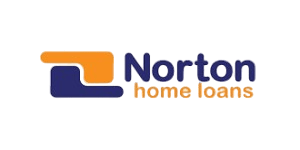How are secured loans different to unsecured loans?

With secured loans, your loan is secured against something valuable that you own like a property, vehicle, jewellery or even art. The amount you can borrow is based on the value of the asset and you risk losing this if you cannot meet repayments on time.
What is needed for a secured loan?

A secured loan is one that requires collateral such as property, assets, or cash. A few common types of secured loans include mortgages, homeowner loans, and car loans. If you don't pay back your secured loan, the lender could take repossession the property you put up to get the funding.
Can I apply with a bad credit history?

Our lenders do accept CCJs and Defaults (even in the last 12 months) If you have a bad credit history then there are a selection of second charge lenders who offer loans within this category. Your secured loan broker will be best to advise you on which lenders and products will be available and the interest rates chargeable.
Are there any early repayment charges on these products?

Yes and no, not all products on offer here will come with ERC's. The broker will be best to advise on the individual lender products and which ones carry early repayment charges.
Can I take out a secured debt consolidation loan?

Yes. Debt consolidation is a popular option with many customers who take out these types of loans. If you would like to learn more then request a quote from our approved brokers here on the website.
What credit score is needed for a secured loan?

Secured loans are available for a range of people with mixed credit scores. Loans are available for excellent and bad credit applicants, and products are available to suit most credit types. Perform an eligibility check here on Lending Expert to compare rates and get expert advice.
Can I sell my house with a secured loan on it?

Yes it is possible to sell your house and the money from the sale to pay off your secured loan alongside your first charge mortgage. Your conveyancing solicitor will normally handle the repayment of your loan and deal with the lender as part of the sale process.
What is the max LTV?

The max LTV or loan-to-value is 95% with a limited number of lenders. These higher LTV products are more expensive as they charge higher interest charges, and are limited to smaller value loans.







